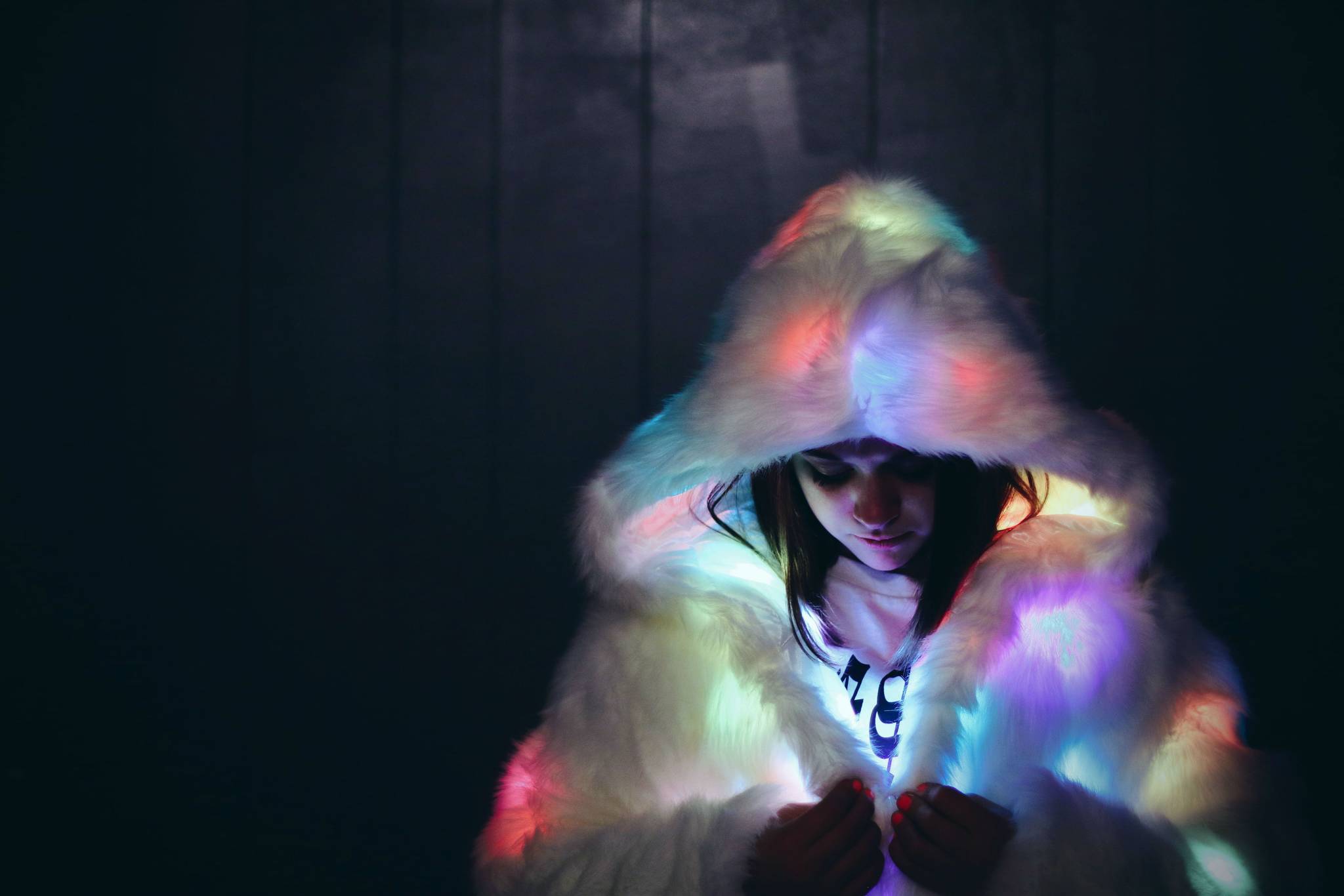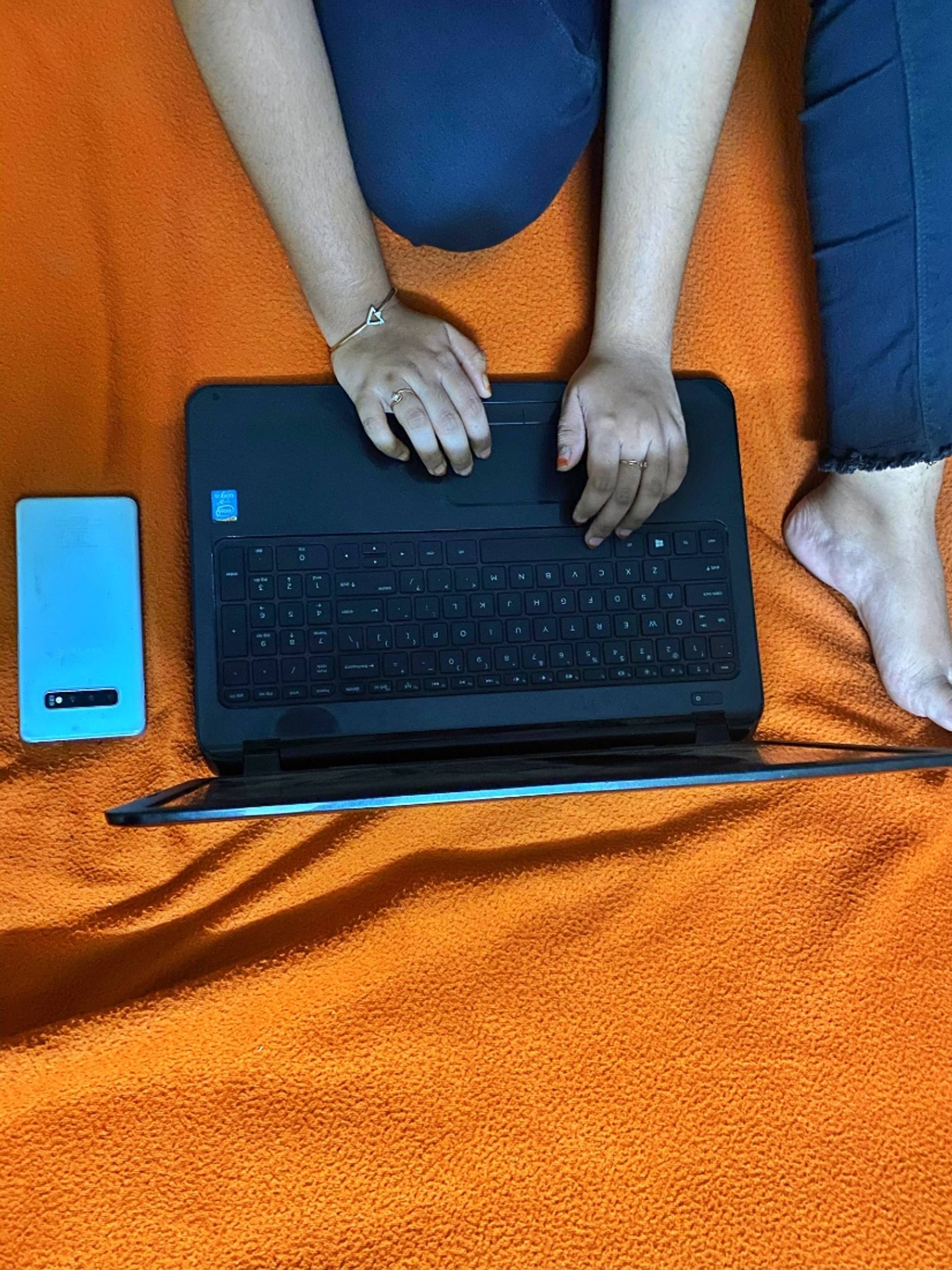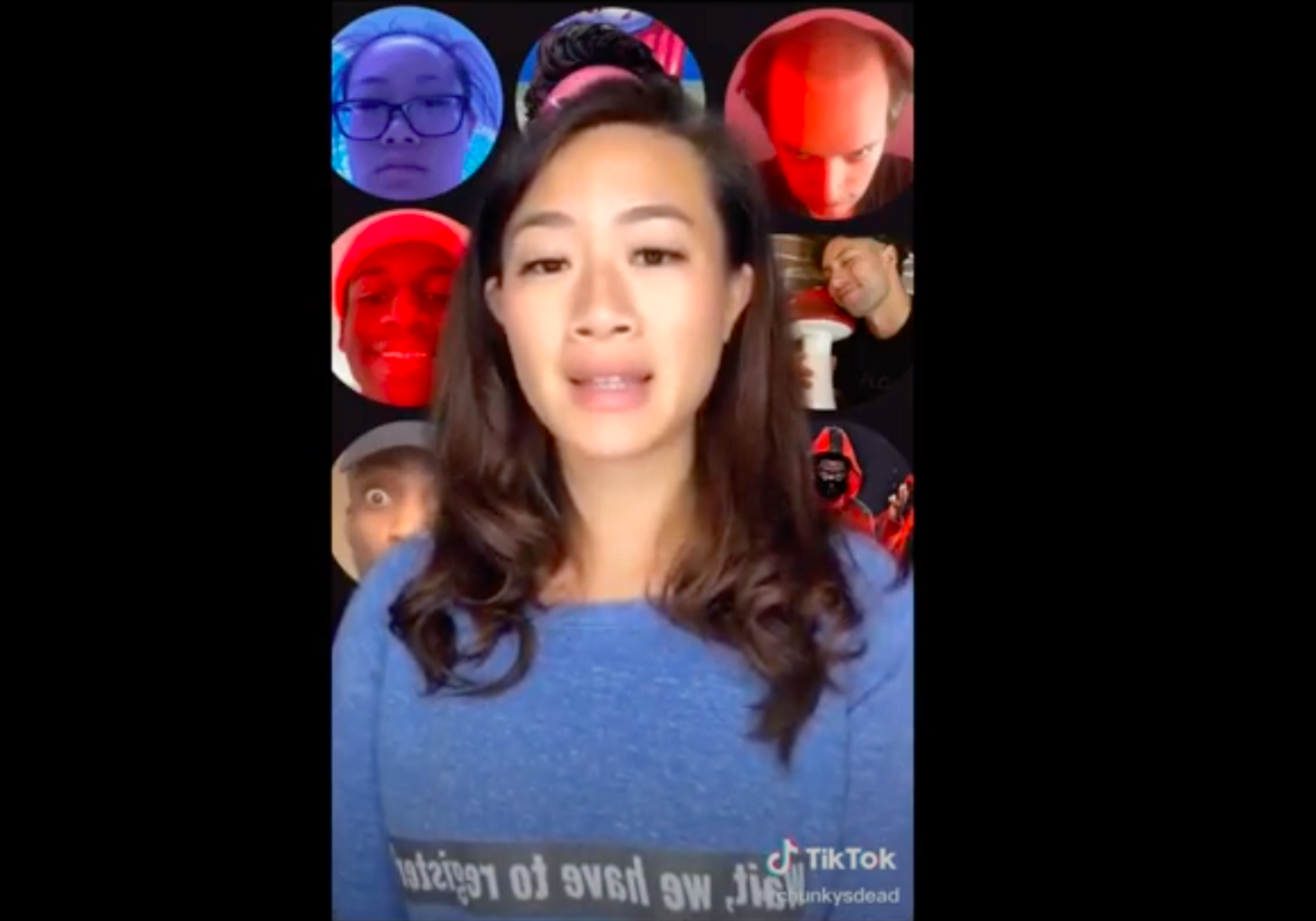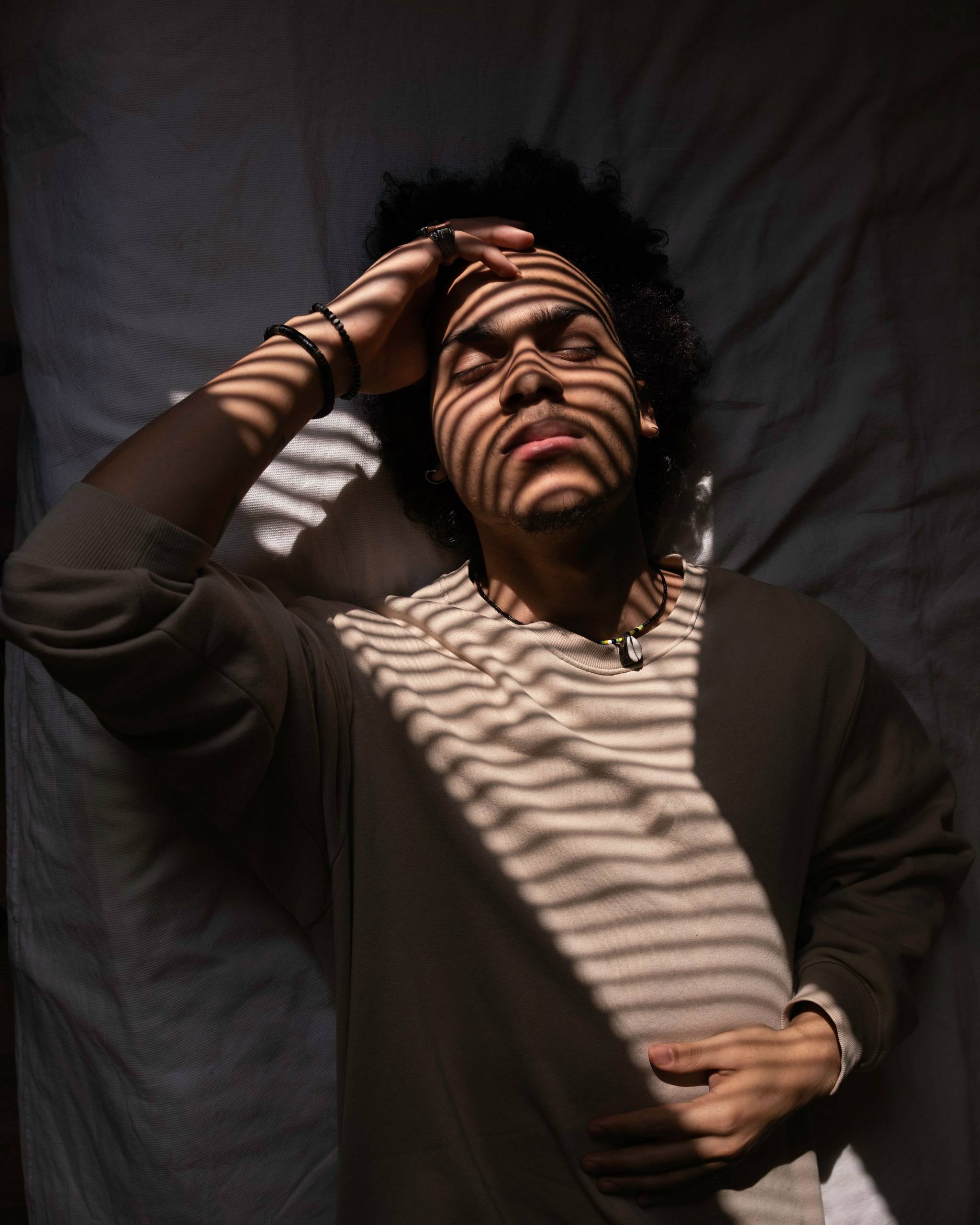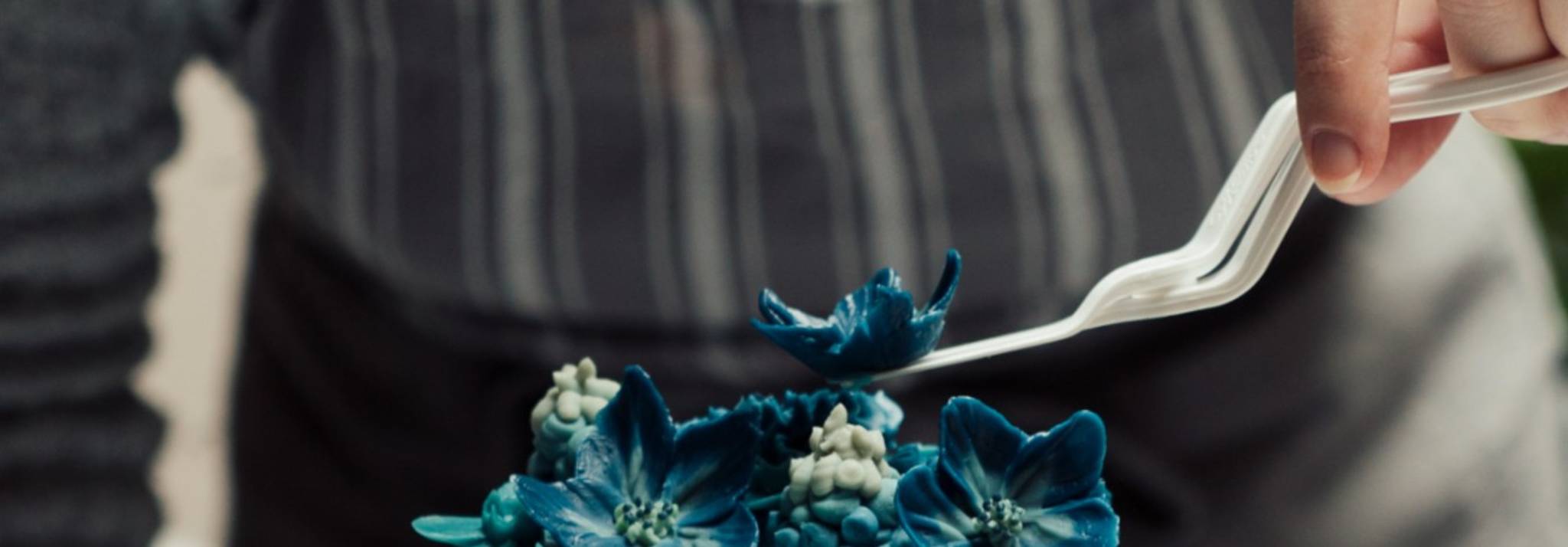
Videos of hyper-real cakes disguised as ordinary objects have gone viral, prompting some Twitter users to question the very reality we exist in. As well as serving up satisfying content, these cakes are helping people process how the pandemic has changed day-to-day life beyond recognition. We slice into the insights behind this, exploring why surreal content is having such a significant collective impact.
In early July, it felt impossible to scroll through Twitter without encountering a viral video of hyper-real cake. What looked like an ordinary onion, complete with flaky skin, would be sliced open to reveal layers of vanilla sponge. A pair of Crocs, a pile of nachos, a Rubik's Cube – it seemed like any object could have secretly been cake all along. “You try to call for help but the phone is a cake,” wrote one Twitter user, as reported by Taylor Lorenz for The New York Times. “Help arrives, but they are also cake,” replied another.
Lorenz explains that these videos are popular because they're both 'satisfying' – much like ASMR videos of soap being sliced – and exemplify 'gotcha' humor. Videos in the former category are especially mesmerising because of how they appeal to our inner child, notes Professor Craig Richard, founder of ASMR University. “What many of these videos have in common is that they feature people doing something skilled with their hands," he tells Wired. "It is appealing to our younger brain because we’re hardwired to be entranced by hand movements. We evolved to learn fine motor skills by watching what someone else is doing with their hands, because the benefit of that is you just might learn something.”
But the jokes and memes that ensued also speak to a deeper sense of surreality that has taken hold of people who have sheltered in place for months, with 72% of Gen Zers believing that memes and other humorous content are helping them cope during the pandemic. "The sentiment behind them – that we are living in a world where nothing is what it seems – [belies] a collective anxiety and sense of being unmoored from reality," writes Cait Munro for Refinery29. And with 46-51% of US adults saying they're spending more time on social media since the COVID-19 outbreak began, it's no wonder why such light-hearted content is having a significant collective impact.
Alex Quicho is the associate director of cultural intelligence at Canvas8. Her book on the impact of surveillance on visual art will be published by Zero Books in 2021. She studied cultural criticism at the Royal College of Art and was the recipient of the Canada Council for the Arts’ grant for research excellence in 2018.
